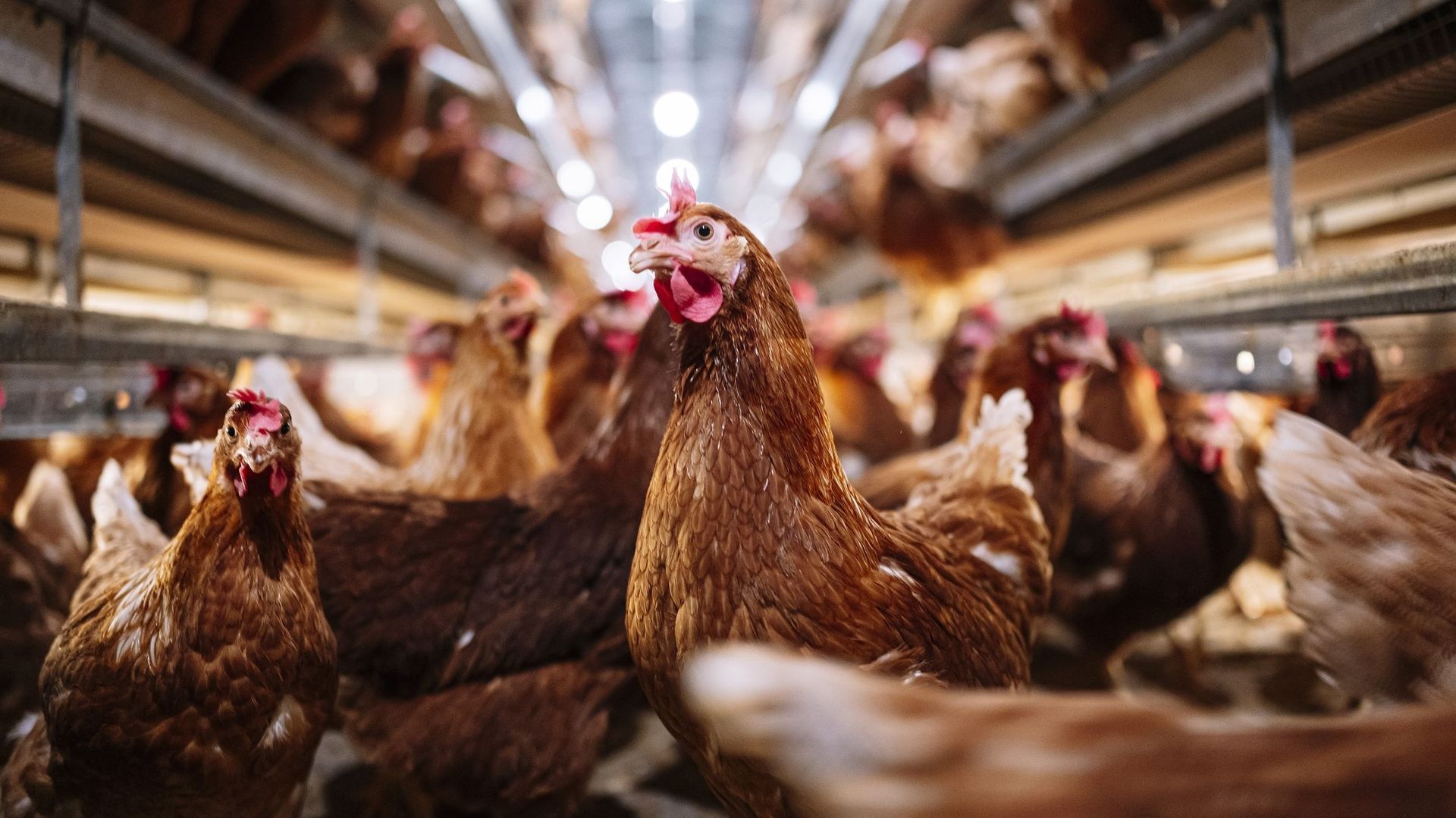Liège Province
/https://en.wikipedia.org/wiki/Li%C3%A8ge_Province
----------------------------------------------
Translation Google
Two outbreaks of H5N1 avian flu discovered in the province of Liège
By Julien Covolo And Loic Van Gompel
Two cases of H5N1 avian flu have been confirmed among the poultry of two amateur breeders in Wandre and Alleur, in the province of Liège. The infected poultry have been culled. A three-kilometre protection zone and a ten-kilometre surveillance zone have been set up around the affected farms.
...
----------------------------------------------
Avian influenza H5: two infections by the highly pathogenic variant confirmed among the poultry of two amateur breeders in Wandre and Alleur
...
Publication date
Jan 31, 2025
Last updated
31 Jan 2025
Document type
Press release
...
Avian influenza type H5 has been detected among the poultry of two amateur breeders in Wandre (Liège) and Alleur (Ans), in the province of Liège. In order to prevent any spread of the virus, the poultry present are being slaughtered. A 3 km protection zone and a 10 km surveillance zone are being established around the infected farms.
The first elements of the investigation indicate that the birds may have been infected during an event for farmyard animals held between 16 and 19 January at the Hall des criées in Battice. The two amateur breeders took part. It is therefore possible that other animals were infected during this event.
According to the competent regional health authorities (AVIQ, Department Zorg, Vivalis and the hygiene inspection of the Ministry of the German-speaking Community), cases of transmission from animals to humans remain very rare and transmission from human to human is also unlikely. To date and except in England, no avian flu infection in humans has been detected in Europe. Finally, since the infection occurred two weeks ago, the risks of a person developing the disease today are minimal. Indeed, the delay between exposure to the infected animal and the onset of symptoms is a maximum of 14 days.
The AFSCA reminds us that eggs and poultry meat do not pose any risk to humans and can be consumed in complete safety.
Dead or sick birds should not be handled. Anyone who comes into close contact with poultry or birds is advised to wash their hands thoroughly. If you notice any symptoms in your animals, contact a vet. If you find a dead bird in the wild, report it immediately by calling the freephone number 0800/99 777. The animal can then be collected and examined.
Strict biosecurity measures in areas
Within the 10 km zone, all poultry keepers (professionals and individuals) must have their poultry screened. Within the 3 km zone, this obligation also applies to other birds.
You will find more information on these measures on the AFSCA website: https://favv-afsca.be/fr/themes/anim...viaire#Mesures
Mandatory confinement for professional holders and strongly recommended for individuals
After a period of relative calm, bird flu has regained intensity in recent weeks. Infections have already been detected in farms in our neighbouring countries. This is why the Minister of Agriculture David Clarinval reintroduced the obligation to confine poultry on 23 November . This measure applies to all professional and approved amateur breeders.
What is bird flu?
Avian influenza is a highly contagious viral disease to which almost all bird species are susceptible. The severity of the disease varies from animal to animal and depends on the virus strain, the environment and any other infections. Infection can occur through direct contact with sick animals or infected material, such as manure or dirty crates. Indirect infection through the air is also possible, but over relatively short distances.
About AFSCA
The Federal Agency for the Safety of the Food Chain (FASFC) has been monitoring the entire food chain, from producer to consumer, for 25 years. Around 1,400 employees carry out more than 106,000 inspections each year in food sector businesses (farms, manufacturers, slaughterhouses, shops, restaurants, etc.) and take and analyse around 64,000 product samples within the food chain. The Agency is also responsible for animal and plant health checks and plays an important role in the import and export of foodstuffs, animals and plants to and from other countries.
...


Comment